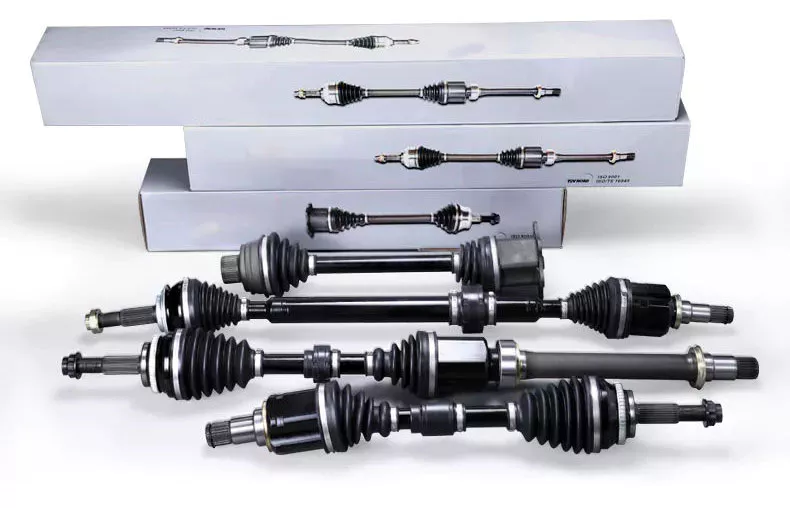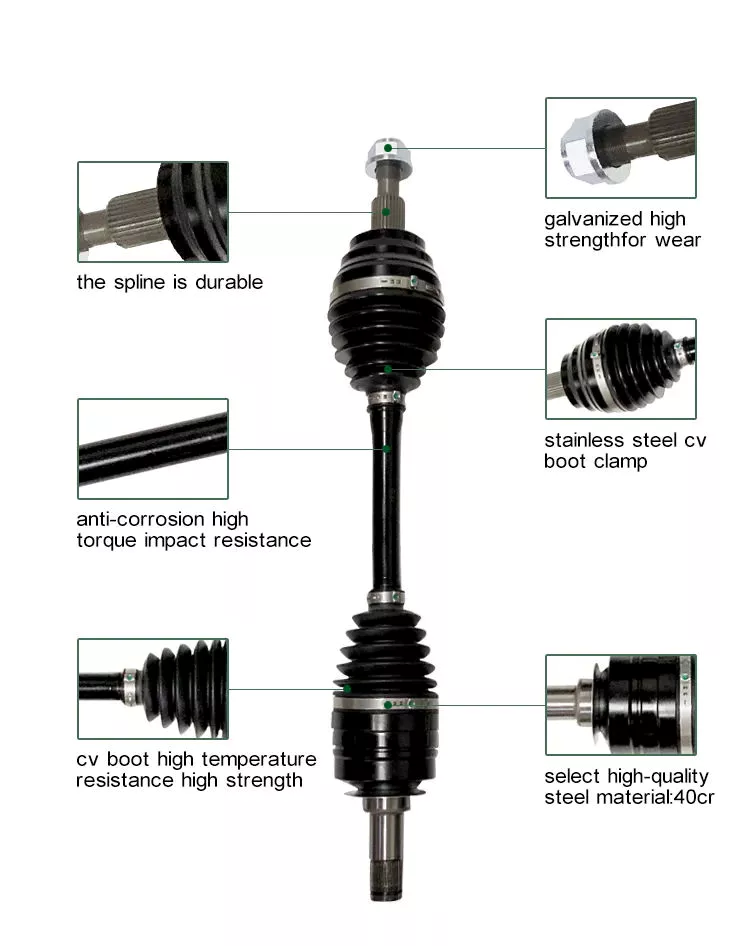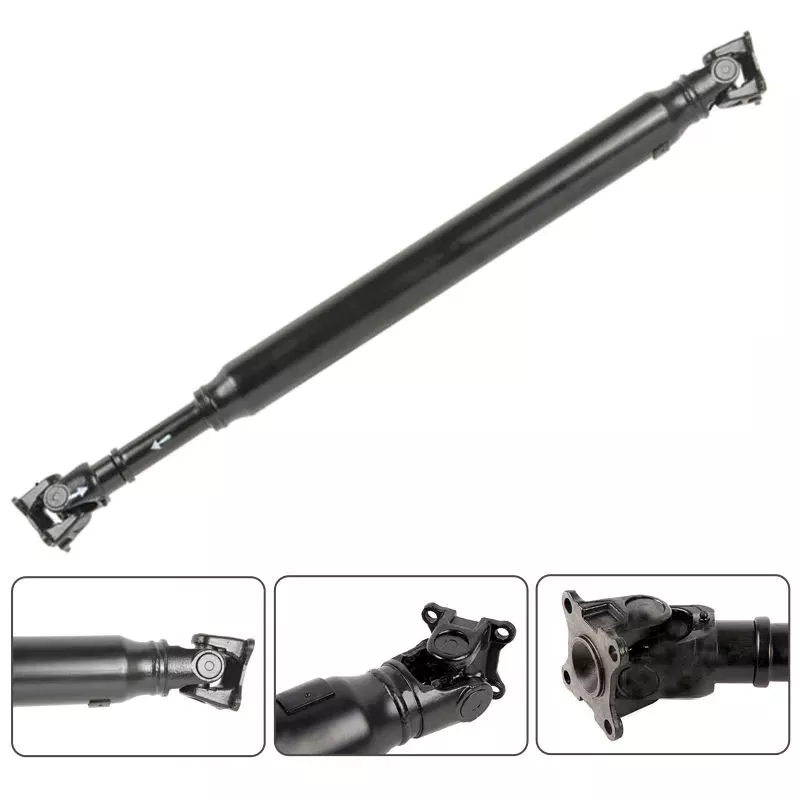Product Description
DISING 86 Seats Tour Train, CE Approval Fun Train
Manufacturer for Amusement Rides Mini Electric Trackless Train with High quality & competitive price. About driving, if there are some questions on traffic regulations or custom rules, pls contact us for suggestions. Customer is welcome to visit our new showroom and factory located in HangZhou City, China.
Specifications
Picture Shows
Company profile
HangZhou dising technologies Co., Ltd.Is located in the east lake new technology development zone in HangZhou, ZheJiang province.It is a professional supplier of tourist attraction, theme park, characteristic town, and commercial block slow rail transit system;Our service covers the whole process of slow rail transit system survey and design, special track vehicle design and so on.
We promise to improve our professional skills and be based on a careful design attitude, a profound understanding of customer needs and a rich experience in project implementation, to provide customers with high quality and reliable products and economic and reasonable projects.
Products Series
In the years of industry experience, the company created the ZheJiang tenyun steam locomotive replica plate, the Tianya corner scenic spot in ZheJiang , the HangZhou Yuet square project, the tram, the ZheJiang lling National Agricultural Park sightseeing train, the Xihu (West Lake) Dis. Lu Jia Village sightseeing small train and so on. The main products covers 3 kinds of landscapes:tourism. Sightseeing trains, sightseeing trams and locomotives 3 kinds of landscapes.
1. 62 Seater Electric Train Sets
2. 1*Electric Locomotive + 3 Carriages
3. Fun Train
4. Sightseeing Mini Train
5. Tram
Delivery and Shipment
Shipping by sea: Around 4 weeks to arrive.
Delivery Time: Around 30 working days after receipt of deposit.
MOQ: 1 set locomotive.
Payment Term: 30% T/T deposit, 70% T/T before delivery.
Warranty
Mini Electric Trackless Train (DSW-E62): 1 year full warranty,offer FREE components under EXW shipped term.
FAQ
1.Q: Can I get some samples?
A: Yes,sample order is available for quality check and market test.
2. Q: What’s the delivery time?
A: It usually takes about 25 working days for production based on specifications for your order and quantity.
3. Q:What’s your payment terms?
A: We usually accept T/T or L/C at sight as the main payment terms,and
other payment can also be negotiated.
4. Q:What’s your warranty terms?
A: We offer different warranty time for different components, please contact us for details.
5. Q: Do you have the products in stock?
A: No,all ebikes will be newly produced according to your order including samples.
6. Q: Can I mix different models in 1 container?
A: Yes, different models can be mixed up in 1 full container.
7. Q: How does your factory do regarding the quality control?
A: Quality is priority. We always attach great importance to quality control from the very beginning to the end of the production. Every product will be fully assembled and carefully tested before packing and shipping.
8. Q: Will you deliver the right products as I ordered? How can I trust you?
A: Yes, we will. The core of our company culture is honesty and loyalty. Our company has been audited and approved by SGS and TUV, assessment report will could be sent to you by email. If you check, you will see that we have never got any complaint from our customers.
How to Replace the Drive Shaft
Several different functions in a vehicle are critical to its functioning, but the driveshaft is probably the part that needs to be understood the most. A damaged or damaged driveshaft can damage many other auto parts. This article will explain how this component works and some of the signs that it may need repair. This article is for the average person who wants to fix their car on their own but may not be familiar with mechanical repairs or even driveshaft mechanics. You can click the link below for more information.
Repair damaged driveshafts
If you own a car, you should know that the driveshaft is an integral part of the vehicle’s driveline. They ensure efficient transmission of power from the engine to the wheels and drive. However, if your driveshaft is damaged or cracked, your vehicle will not function properly. To keep your car safe and running at peak efficiency, you should have it repaired as soon as possible. Here are some simple steps to replace the drive shaft.
First, diagnose the cause of the drive shaft damage. If your car is making unusual noises, the driveshaft may be damaged. This is because worn bushings and bearings support the drive shaft. Therefore, the rotation of the drive shaft is affected. The noise will be squeaks, dings or rattles. Once the problem has been diagnosed, it is time to repair the damaged drive shaft.
Professionals can repair your driveshaft at relatively low cost. Costs vary depending on the type of drive shaft and its condition. Axle repairs can range from $300 to $1,000. Labor is usually only around $200. A simple repair can cost between $150 and $1700. You’ll save hundreds of dollars if you’re able to fix the problem yourself. You may need to spend a few more hours educating yourself about the problem before handing it over to a professional for proper diagnosis and repair.
The cost of repairing a damaged driveshaft varies by model and manufacturer. It can cost as much as $2,000 depending on parts and labor. While labor costs can vary, parts and labor are typically around $70. On average, a damaged driveshaft repair costs between $400 and $600. However, these parts can be more expensive than that. If you don’t want to spend money on unnecessarily expensive repairs, you may need to pay a little more.
Learn how drive shafts work
While a car engine may be 1 of the most complex components in your vehicle, the driveshaft has an equally important job. The driveshaft transmits the power of the engine to the wheels, turning the wheels and making the vehicle move. Driveshaft torque refers to the force associated with rotational motion. Drive shafts must be able to withstand extreme conditions or they may break. Driveshafts are not designed to bend, so understanding how they work is critical to the proper functioning of the vehicle.
The drive shaft includes many components. The CV connector is 1 of them. This is the last stop before the wheels spin. CV joints are also known as “doughnut” joints. The CV joint helps balance the load on the driveshaft, the final stop between the engine and the final drive assembly. Finally, the axle is a single rotating shaft that transmits power from the final drive assembly to the wheels.
Different types of drive shafts have different numbers of joints. They transmit torque from the engine to the wheels and must accommodate differences in length and angle. The drive shaft of a front-wheel drive vehicle usually includes a connecting shaft, an inner constant velocity joint and an outer fixed joint. They also have anti-lock system rings and torsional dampers to help them run smoothly. This guide will help you understand the basics of driveshafts and keep your car in good shape.
The CV joint is the heart of the driveshaft, it enables the wheels of the car to move at a constant speed. The connector also helps transmit power efficiently. You can learn more about CV joint driveshafts by looking at the top 3 driveshaft questions
The U-joint on the intermediate shaft may be worn or damaged. Small deviations in these joints can cause slight vibrations and wobble. Over time, these vibrations can wear out drivetrain components, including U-joints and differential seals. Additional wear on the center support bearing is also expected. If your driveshaft is leaking oil, the next step is to check your transmission.
The drive shaft is an important part of the car. They transmit power from the engine to the transmission. They also connect the axles and CV joints. When these components are in good condition, they transmit power to the wheels. If you find them loose or stuck, it can cause the vehicle to bounce. To ensure proper torque transfer, your car needs to stay on the road. While rough roads are normal, bumps and bumps are common.
Common signs of damaged driveshafts
If your vehicle vibrates heavily underneath, you may be dealing with a faulty propshaft. This issue limits your overall control of the vehicle and cannot be ignored. If you hear this noise frequently, the problem may be the cause and should be diagnosed as soon as possible. Here are some common symptoms of a damaged driveshaft. If you experience this noise while driving, you should have your vehicle inspected by a mechanic.
A clanging sound can also be 1 of the signs of a damaged driveshaft. A ding may be a sign of a faulty U-joint or center bearing. This can also be a symptom of worn center bearings. To keep your vehicle safe and functioning properly, it is best to have your driveshaft inspected by a certified mechanic. This can prevent serious damage to your car.
A worn drive shaft can cause difficulty turning, which can be a major safety issue. Fortunately, there are many ways to tell if your driveshaft needs service. The first thing you can do is check the u-joint itself. If it moves too much or too little in any direction, it probably means your driveshaft is faulty. Also, rust on the bearing cap seals may indicate a faulty drive shaft.
The next time your car rattles, it might be time for a mechanic to check it out. Whether your vehicle has a manual or automatic transmission, the driveshaft plays an important role in your vehicle’s performance. When 1 or both driveshafts fail, it can make the vehicle unsafe or impossible to drive. Therefore, you should have your car inspected by a mechanic as soon as possible to prevent further problems.
Your vehicle should also be regularly lubricated with grease and chain to prevent corrosion. This will prevent grease from escaping and causing dirt and grease to build up. Another common sign is a dirty driveshaft. Make sure your phone is free of debris and in good condition. Finally, make sure the driveshaft chain and cover are in place. In most cases, if you notice any of these common symptoms, your vehicle’s driveshaft should be replaced.
Other signs of a damaged driveshaft include uneven wheel rotation, difficulty turning the car, and increased drag when trying to turn. A worn U-joint also inhibits the ability of the steering wheel to turn, making it more difficult to turn. Another sign of a faulty driveshaft is the shuddering noise the car makes when accelerating. Vehicles with damaged driveshafts should be inspected as soon as possible to avoid costly repairs.

